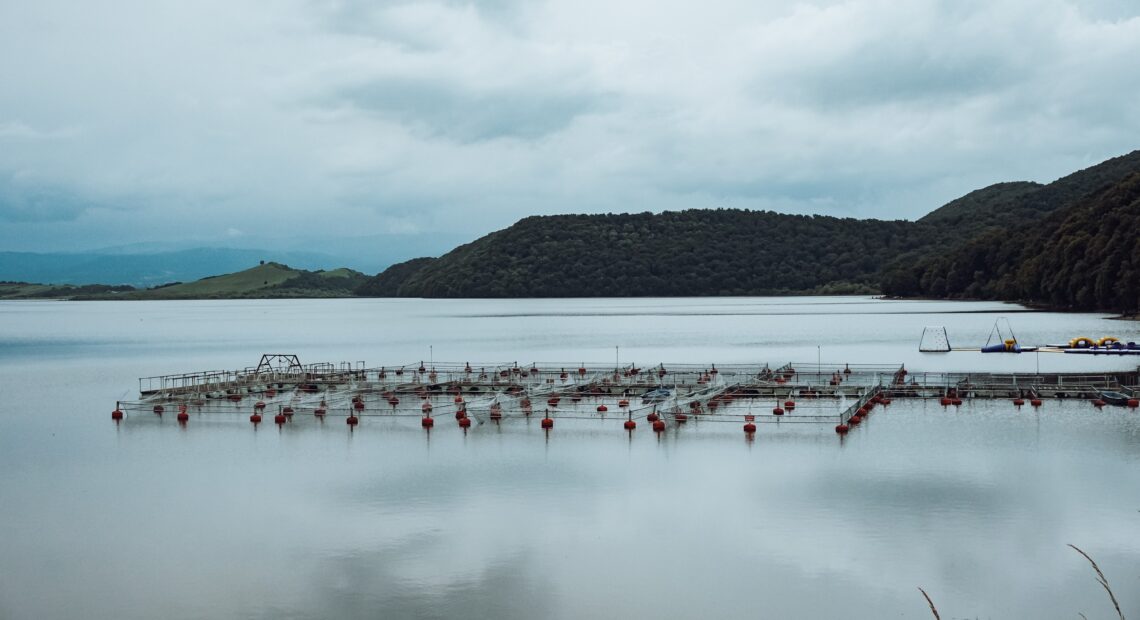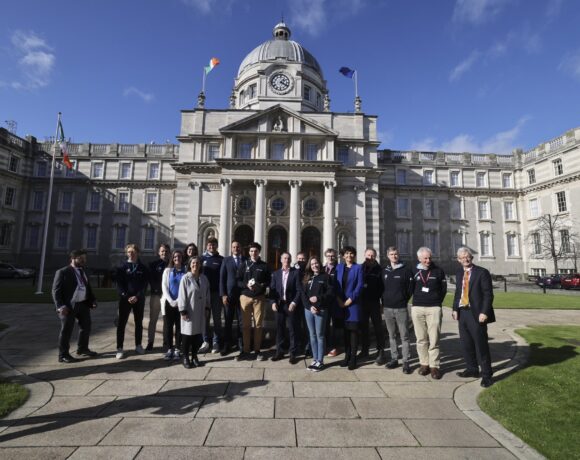The Minister for Agriculture, Food and the Marine, Charlie McConalogue TD, has published the new National Strategic Plan for Sustainable Aquaculture Development (NSPSA) 2030.
Welcoming the new NSPSA, the Minister said, “the last number of years have seen a considerable shift in the economic and environmental conditions under which Irish aquaculture operates. Issues such as the drive towards carbon net zero, the impact of the UK’s exit from the European Union or the global effects of the war in Ukraine have all impacted on the way in which industry operates and indeed the direction in which it must develop.”
The NSPSA’s vision for aquaculture to 2030 foresees a sector that maintains its competitive edge through low impact-production, while building commercial resilience through technical innovation and diversification. This in turn supports a more diverse consumer and market base aligned to increased recognition of Irish aquaculture’s growing status as a key provider of sustainable, low carbon and healthy food.
Aquaculture in Ireland has grown significantly since the 1980’s and today the sector produces around 40,000 tonnes of high value finfish and shellfish, while directly employing around 1,800 people mainly in rural locations. Worth around € 175 million in 2021, aquaculture is a major contributor to national seafood production and food security.
The Minister continued, “with the publication of the NSPSA I am putting in place the necessary building blocks for the continued development of a sustainable, profitable, competitive and market-focused aquaculture sector in Ireland, positioning it to make the maximum long-term economic and social contribution to our coastal communities and Ireland as a whole, while optimising environmental performance and supporting the natural capital upon which it depends.”
The NSPSA, the successor to the 2014-2020 Plan, will be rolled out over a ten-year period to 2030. It has four high-level objectives – i) building resilience and competitiveness, ii) participation in the green transition, iii) ensuring social acceptance and consumer information and iv) increasing knowledge and innovation – and some 58 actions such as the rollout of a user-friendly online aquaculture licencing and information system, increased focus on fish welfare, support for innovation in aquaculture and the development of a human capacity plan to promote the sector as an attractive career option and to provide the necessary skills required over the lifetime of the Plan.
The Minister concluded, “this Plan sets the path for the Irish Aquaculture sector so that it is resilient, competitive and is a global standard in sustainability and quality. With the implementation of this Plan, I believe the aquaculture sector has the ability to build and maintain its competitive edge into the future.”
The National Strategic Plan for Sustainable Aquaculture (NSPSA) is available here.













